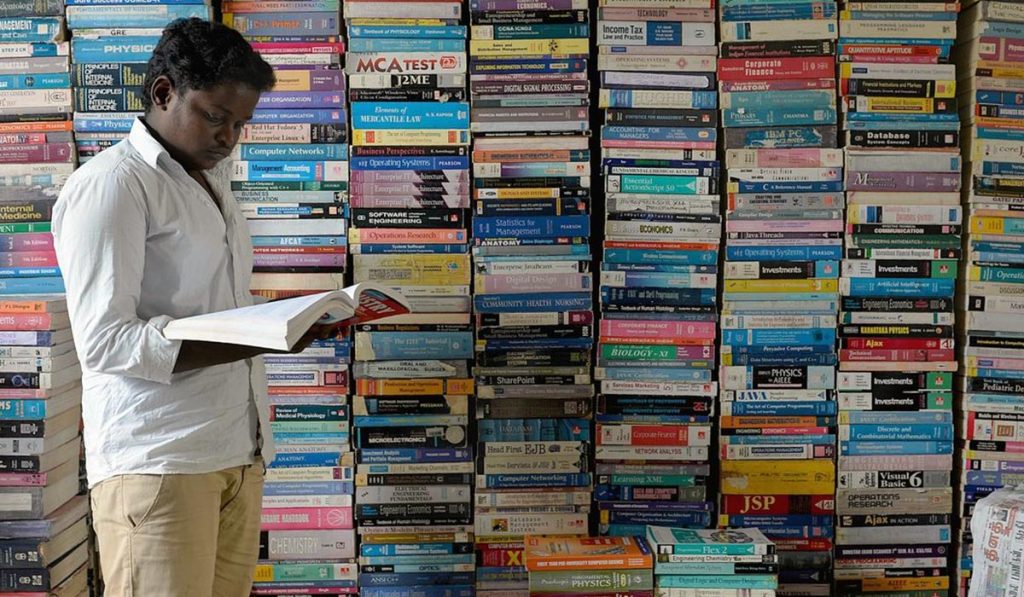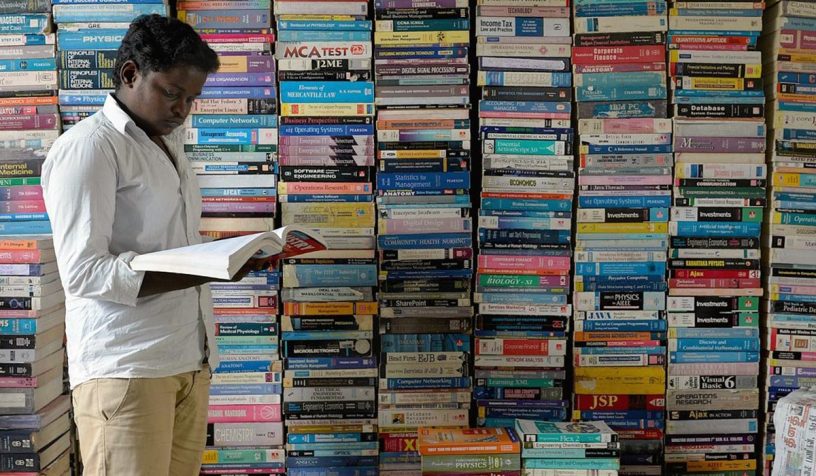
Under-representation of voices from the developing world merit deeper reflection and introspection.
Author
Deepanshu Mohan, Associate Professor and Director, Centre for New Economics Studies, Jindal School of Liberal Arts and Humanities, O.P. Jindal Global University, Sonipat, Haryana, India.
Summary
In a recent column for Project Syndicate, renowned economist Dani Rodrik, wrote:
“Economics is currently going through a period of soul searching with respect to its gender and racial imbalances. Many new initiatives are underway in North America and Western Europe to address these problems. But geographic diversity remains largely absent from the discussion. Economics will not be a truly global discipline until we have addressed this deficit as well…”
Rodrik’s remark here: particularly on the “under-representation of voices in economics from the developing world” merits deeper reflection and introspection, not just say within the context of economics-economists, but for other social sciences too.
It is true to acknowledge how instrumental it was for scholars like Joseph Stiglitz to work in developing nations like Kenya, where he was “struck by various oddities in how its local economy operated”.
Stiglitz’s seminal theories on “asymmetric information”, for which he later won a Nobel was vital in shaping his ideas on the “economics of information”.
In a similar vein, Albert O Hirschman’s experience in Nigeria offered him useful insights which shaped his work in Exit, Voice and, Loyalty. Thomas Piketty has something similar to add about his experience of working/being in India-and his ideas on studying (and understanding) the multi-faceted nature of “inequality”.
One’s lived experience of having worked or spent time in a developing country surely matters. Travel, exposure and collaborative engagements are key in the complex process of “ideation”, knowledge creation, and also, in its subsequent dissemination. However, the underlying spatial politics of power – its asymmetric focus on those residing in the global North-significantly affects/shapes the politics of “knowledge dissemination” too.
Published in: Scroll.in
To read the full article, please click here


